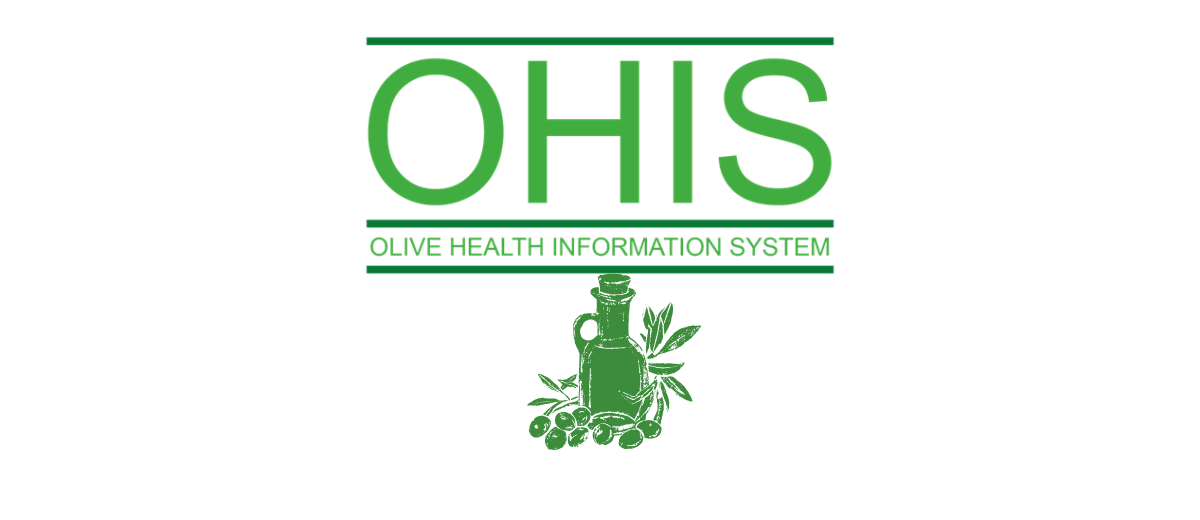Los envases utilizados podrán ser de metal, hojalata, vidrio, materiales plásticos, o de cualquier otro material, salvo la madera, que cumplan con los requisitos técnico-sanitarios vigentes. Los envases deberán ser aptos para garantizar la adecuada conservación de las aceitunas y no transmitir sustancias tóxicas al producto envasado. Los envases transparentes no deberán producir efectos ópticos que puedan modificar la apariencia del producto contenido.
Esta semana en el OHIS
MADRID, ESPAÑA / 02.07.2025
Esta semana en el sitio web del Olive Health Information Service La newsletter de la Universidad de Navarra y el COI dedicada a la salud La evidencia que respalda los beneficios para la salud del aceite de oliva virgen extra...
The IOC Leads Key Discussions on International Olive Oil Standards in the United States
The International Olive Council (IOC), in partnership with The Culinary Institute of America (CIA), held a high-level scientific and regulatory meeting today under the theme “Olive Oil and the World Table: Dialogues on the...









